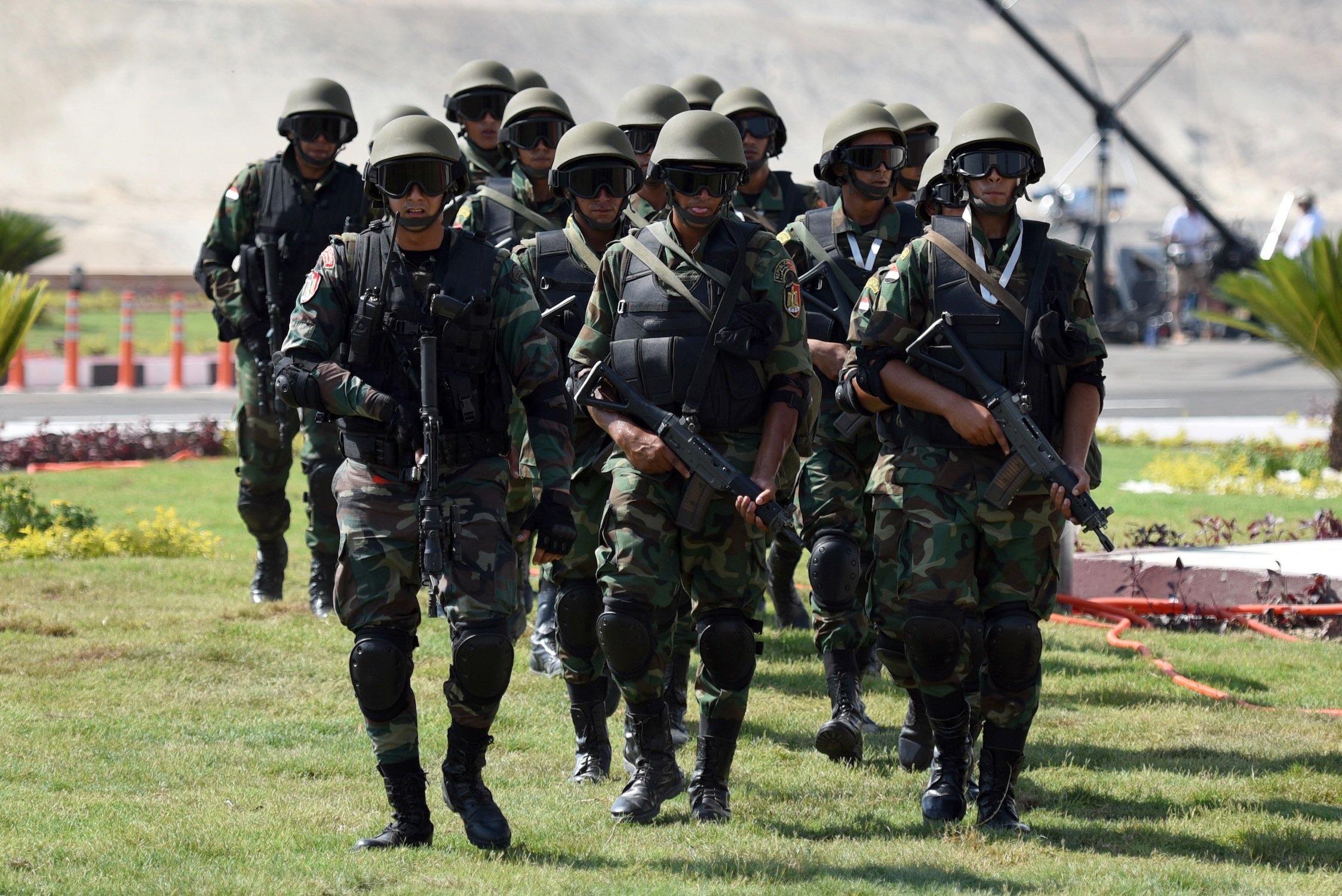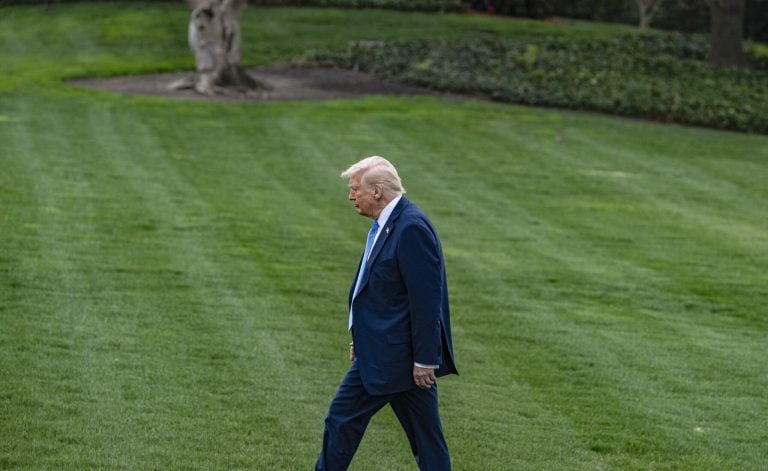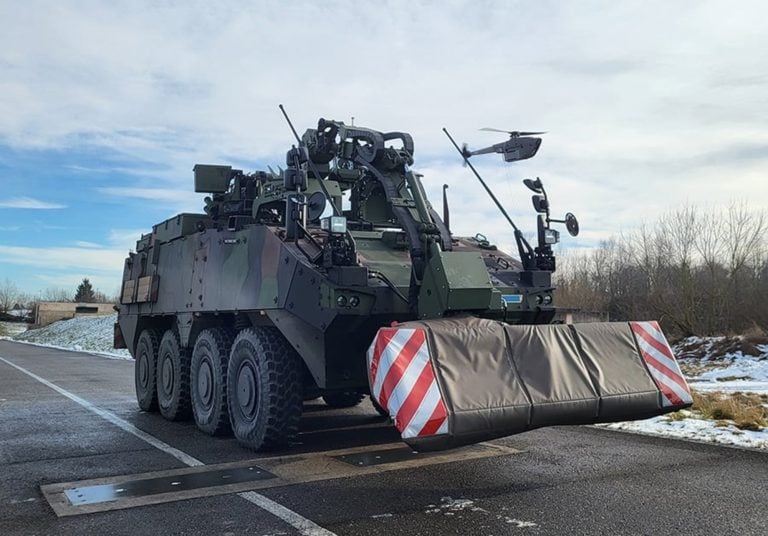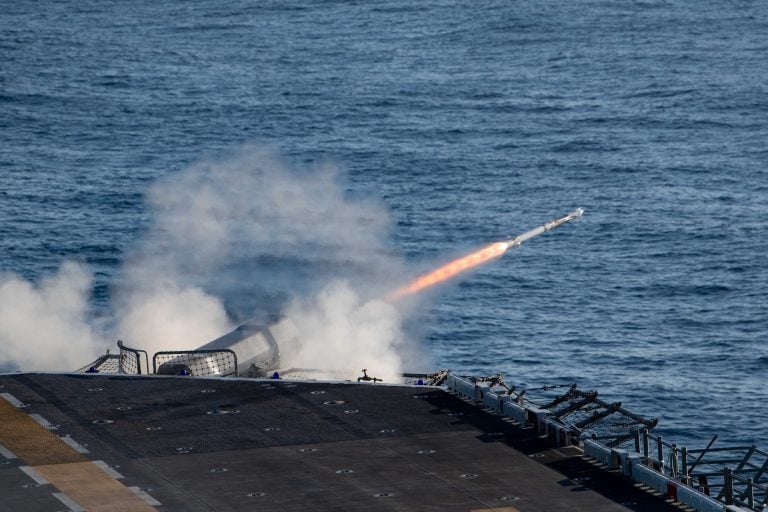Arab League member nations are reportedly reevaluating a proposed “NATO-style” collective security force for the region, a concept initially introduced by Egypt in 2015. This deliberation comes against a backdrop of heightened tensions following recent Israeli airstrikes targeting Hamas officials in Qatar, with expectations that security cooperation will be a key topic at the upcoming Arab–Islamic summit in Doha.
The original proposal for a unified military coalition by Egypt was aimed at addressing the increasing threats posed by armed groups such as the Houthis and the Islamic State. However, efforts to establish such a force were stalled due to ongoing disagreements over critical issues including national sovereignty and the command structure of the coalition.
Insider sources have indicated that the envisioned joint military force would comprise naval, air, and ground units, alongside specialized troops trained in commando, counterterrorism, and peacekeeping operations. The primary objective of this collective security initiative would be to address security threats, including terrorism, and ensure the safety and stability of the Arab world.
Under Egypt’s proposal, the coalition would be headquartered in Cairo, with an Egyptian officer serving as the initial commander, after which this leadership role would rotate among the 21 other member nations of the Arab League. A Chief of Staff is to be selected from within the member states, while the Secretary-General of the coalition would be a civilian. A unique governance structure allows the commander and chief of staff to authorize military actions upon formal requests from member countries, following necessary consultations.
To support operational effectiveness, a planning council is proposed to focus on training, coordination of logistics, and interoperability of weapon systems among the member states. Contributions to the joint force would be determined based on the military capabilities and size of each member nation.
Commenting on the shifting dynamics in the region, Barbara Slavin, a Middle East fellow at the Stimson Centre, highlighted the precarious position Israel finds itself in due to its actions in Gaza, suggesting that if the United States fails to intervene, the responsibility would fall to regional players to address these issues.







